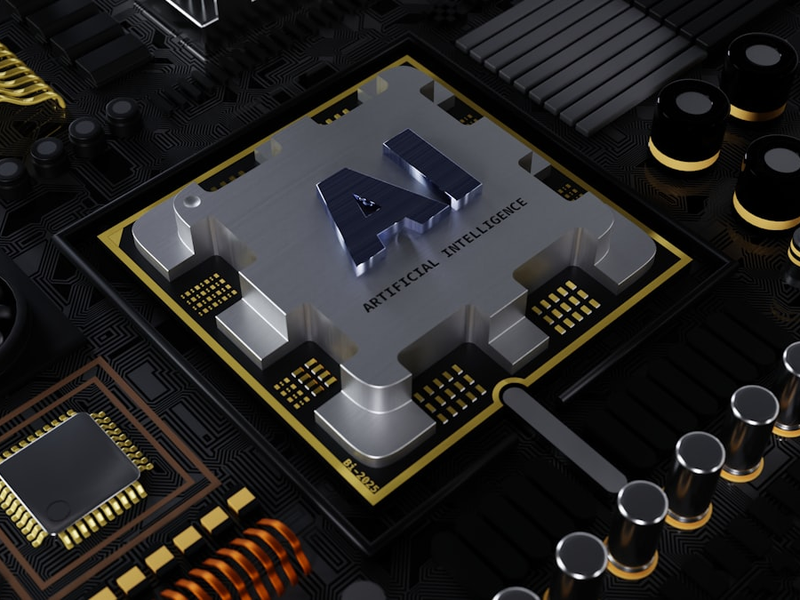Silicon Valley's Tech Titan Predicts AI Will Reshape Our Future - But Are We Ready?

Photo by BoliviaInteligente on Unsplash
In a provocative interview that’s sending ripples through the tech world, Nvidia’s CEO Jensen Huang is challenging America’s technological status quo and offering a bold vision for the future of artificial intelligence.
Huang argues that the United States must aggressively reinvest in domestic manufacturing, particularly in critical technologies like semiconductors. His vision goes beyond economic strategy; it’s about creating sustainable career paths and reducing global dependencies.
“The passion and skill of making things is valuable for economic growth,” Huang emphasizes, highlighting the importance of hands-on manufacturing skills. This perspective comes at a critical time when AI’s potential to transform industries is both exciting and anxiety-inducing.
The tech leader is particularly optimistic about AI’s potential in groundbreaking fields like healthcare. He envisions AI systems that could accelerate drug discovery, help researchers understand complex diseases, and potentially create “virtual assistant researchers” capable of tackling humanity’s most challenging medical problems.
However, Huang doesn’t shy away from acknowledging AI’s potential risks. While recognizing that some jobs will be lost, he believes the technology will ultimately “lift society” by creating new opportunities and dramatically increasing productivity.
His company, Nvidia, which recently achieved a staggering $4 trillion market valuation, has become a cornerstone of the AI revolution. By providing the computational infrastructure for tech giants like Microsoft, Amazon, and Google, Huang’s firm is literally powering the AI transformation.
Looking ahead, Huang predicts remarkable advancements in AI’s physical capabilities. He anticipates that within three to five years, we’ll see robots capable of complex, vision-based tasks - translating digital intelligence into real-world actions.
“It will be overwhelmingly positive,” Huang stated, acknowledging potential challenges while maintaining an optimistic outlook. “Some harm will be done, but the world must be proactive in addressing those issues”.
As AI continues to evolve at a breakneck pace, Huang’s vision offers a nuanced perspective: technological progress isn’t just about innovation, but about creating a more adaptable, productive, and equitable society.
AUTHOR: cgp
SOURCE: CNN





















































